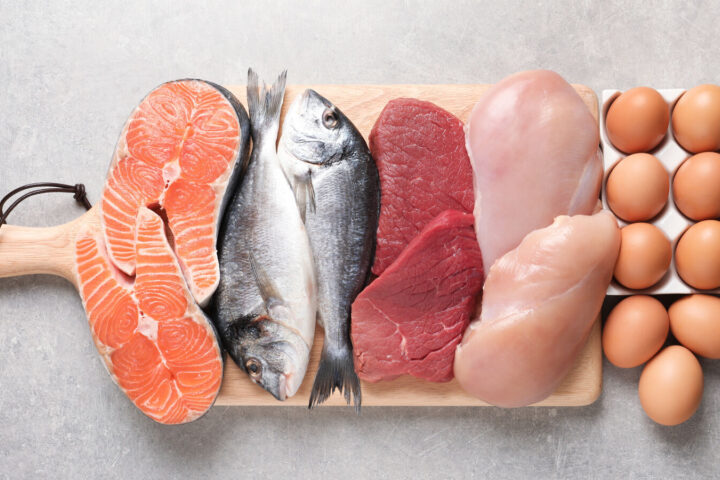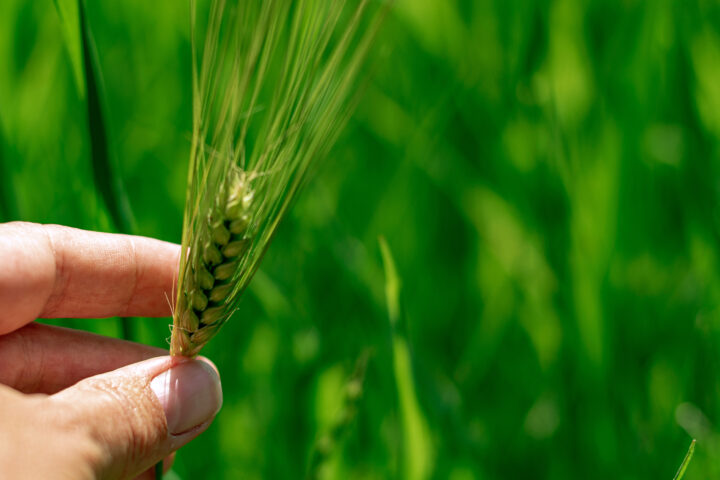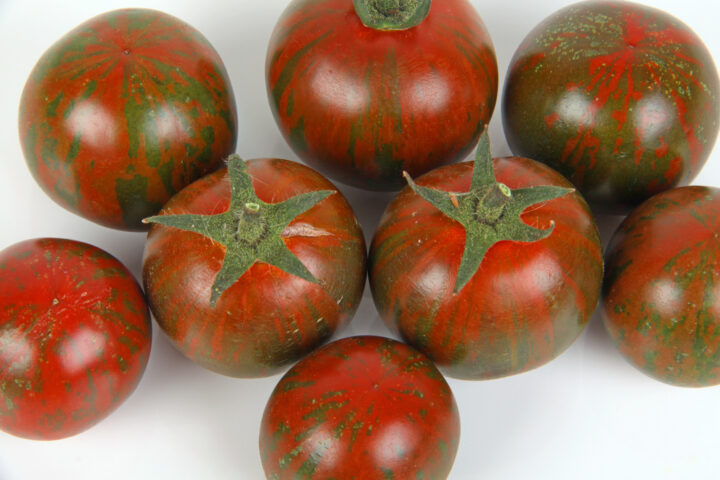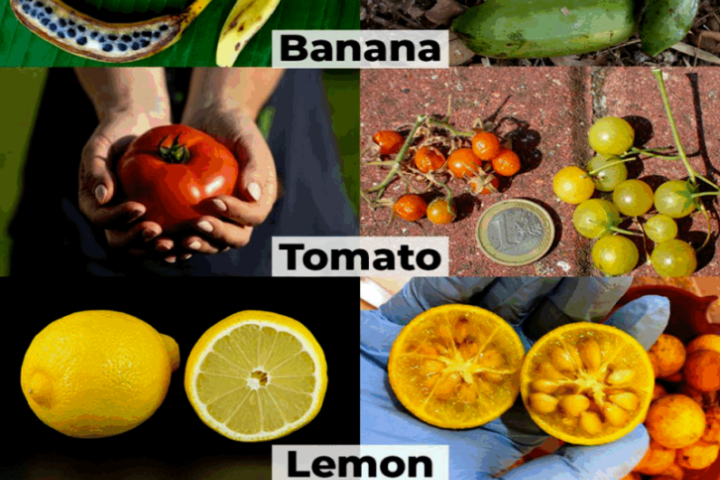
Potato shortage due to capricious weather and lack of crop protection
The potato harvest is not looking good this year. There is a shortfall of 100,000 tonnes, as reported by the Aargauer Zeitung. According to potato producers, this is a drop of 30 per cent compared to the long-term average. One reason for the poor harvest is the weather.
Wednesday, December 6, 2023
It was very wet in spring 2023 and the potatoes could only be planted late. And in summer and autumn, it was far too hot for the potatoes. On the other hand, pests are also a problem for potato producers, especially the wireworm. The president of the potato producers, Ruedi Fischer, told the Aargauer Zeitung newspaper: "Plant protection is becoming increasingly limited, while at the same time more insects are surviving - mainly due to the milder winters." And the lack of plant protection reduces farmers' "willingness to cultivate", explains Fischer. Because potato cultivation is capital-intensive, producers face high losses in the event of crop failures. The weak Swiss harvest means that more imported goods are likely to be available in supermarkets from spring 2024. Because potatoes are popular. Weak Swiss production is being met by strong demand, which is encouraging for potato producers. Normally, the average Swiss potato production of 350,000 tonnes more or less covers the needs of consumers and the food industry - and only around 10 to 20,000 tonnes have to be imported.
As the Aargauer Zeitung writes, the crisps company Zweifel has to import 15 to 18 per cent of its potato requirements from abroad. Regionaljournal Zürich/Schaffhausen also reported that crisps producers have to import more potatoes from abroad. The Vice President of the Association of Swiss Potato Producers told the broadcaster: "I have a 50 per cent shortfall in the French fries and crisps varieties".
In addition to the heat, a lack of water and diseases also had a major impact on the potatoes. In contrast to the radio report, the Agricultural Information Service (LID) also clearly states the reasons for the drop in yield: there is a lack of pesticides. "The hot and dry summer favoured the proliferation of the Colorado potato beetle," explains Niklaus Ramseyer, who also highlights the emergence of new fungal and bacterial diseases as a cause for concern. Resistance management was a particular problem this season: "The reduced active ingredient portfolio harbours great risks for the development of resistance," he warns. The selection of available active ingredients is shrinking and there are no new agents in sight.
Sources
Kindly note:
We, a non-native editorial team value clear and faultless communication. At times we have to prioritize speed over perfection, utilizing tools, that are still learning.
We are deepL sorry for any observed stylistic or spelling errors.
Related articles

Sales bans due to PFAS: Should we be worried?
After spectacular sales bans on fish and meat due to PFAS contamination, consumers are asking themselves: How dangerous are these substances really – and what can still be placed in the shopping basket without concern?

How German Experts View New Breeding Techniques
In hardly any other country is the idyllic image of organic farming cultivated in the public sphere as carefully as in Germany. Naturalness and rural authenticity are powerful mental refuges for many Germans. Against this backdrop, it is hardly surprising that resistance to new breeding techniques is strong – and that ignorance about the realities of organic farming sometimes appears almost deliberate.

Why consumers accept gene-edited foods on their plates
Acceptance of gene-edited foods increases when the tangible benefits for consumers are easy to understand. A recent study by the Center for Food Integrity (CFI), conducted in collaboration with FMI – The Food Industry Association, shows that consumers evaluate technologies such as genome editing positively when they recognize clear advantages for health, the environment, or food security.

Beautiful and delicious mutants on your plate: The misunderstood world of crop improvement
When most of us hear the word mutation, the images that come to mind are not positive. We think of radioactive monsters, comic book villains, or genetic diseases like sickle-cell anemia. In popular culture, “mutants” are often synonymous with danger. Possibly the most famous are Marvel’s X-Men, who have enjoyed four big-screen incarnations and an enduring place among sci-fi movie aficionados.

